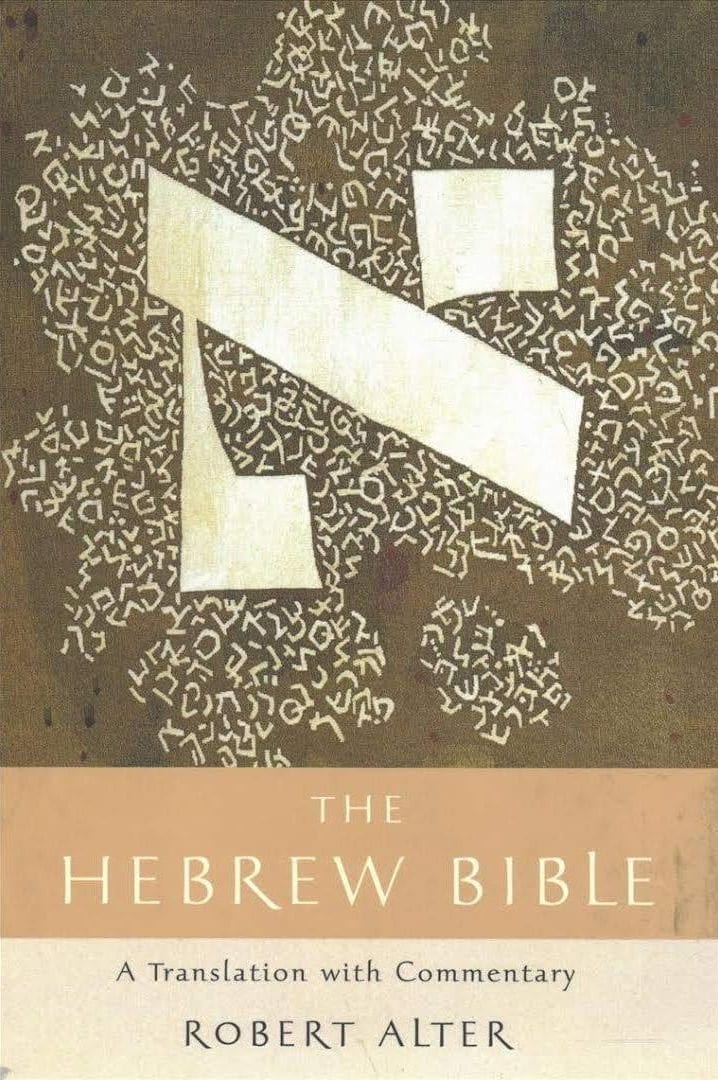


Majority of text consists of Biblical quotations Geoffrey Chaucer, " The Parson's Tale", in The Canterbury TalesĪ Fourteenth Century Biblical Version: Consisting of a Prologue and Parts of the New Testament Various passages, including some of the Psalms Some passages from the Gospels and the Acts of the ApostlesĪ translation of Revelation Gloss on the Gospel of Matthew in the Rushworth Gospels Northumbrian interlinear gloss on the Gospels in the Lindisfarne Gospels Pentateuch, including the Ten Commandments possibly also the Psalms Psalters (12 in total), including the Vespasian Psalter and Eadwine Psalter 4 Modern Aramaic to English translationsĮarly incomplete Bibles List of incomplete Bibles.Translations such as Jewish versions of the Tanakh are included in the "complete" category, even though Christians traditionally have considered the Bible to consist properly of more than just the Tanakh.

Certain terms that occur in many entries are linked at the bottom of the page.Ĭhristians, Jews, Samaritans, Rastafari and others differ on the true content of the Bible, the "incomplete translations" section includes only translations seen by their translators as incomplete, such as Christian translations of the New Testament alone. Included when possible are dates and the source language(s) and, for incomplete translations, what portion of the text has been translated. English Bible translations also have a rich and varied history of more than a millennium. Since then, the Bible has been translated into many more languages. The Latin Vulgate translation was dominant in Western Christianity through the Middle Ages. The Bible has been translated into many languages from the biblical languages of Hebrew, Aramaic and Greek.


 0 kommentar(er)
0 kommentar(er)
